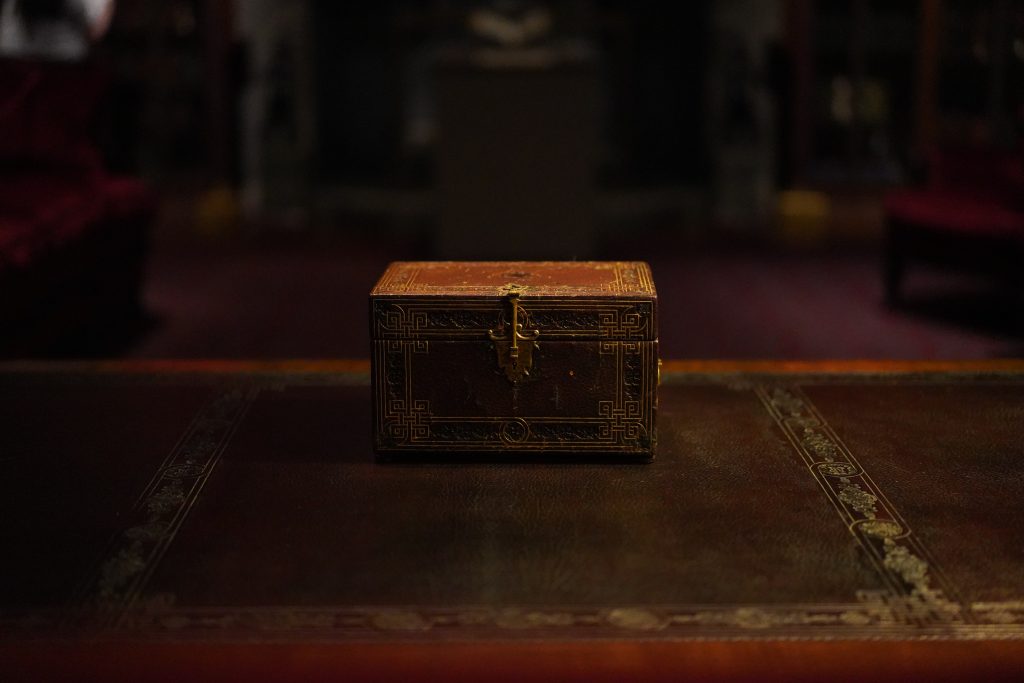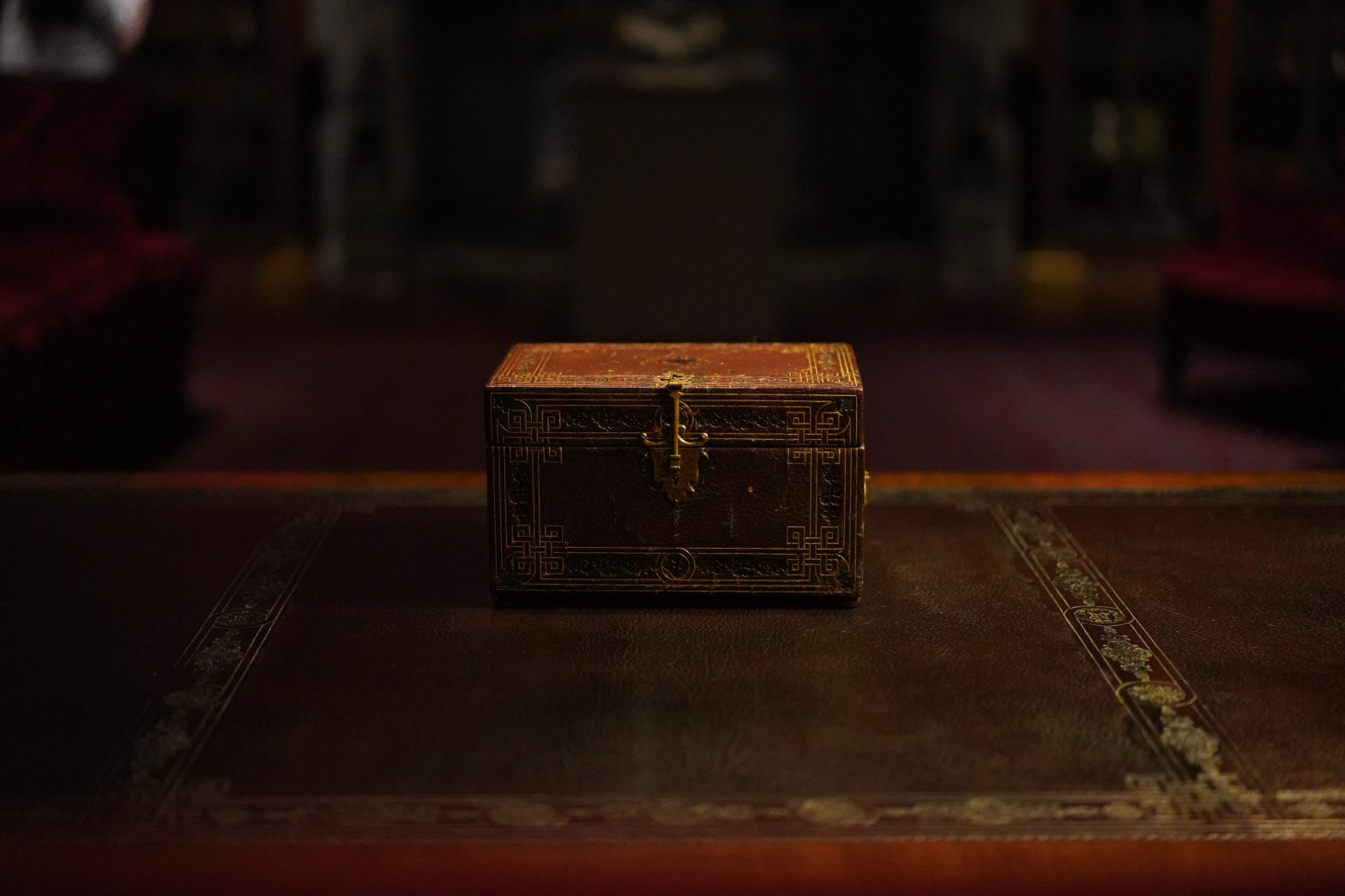
Matthew 13:44 ESV
“The kingdom of heaven is like treasure hidden in a field, which a man found and covered up. Then in his joy he goes and sells all that he has and buys that field.
Although this parable sounds strange to us, it would sound perfectly natural to people in Palestine in the days of Jesus, and even to this day it paints a picture which people in the East would know well.
In the ancient world there were banks, but not banks such as ordinary people could use. Ordinary people used the ground as the safest place to keep their most cherished belonging. In the parable of the talents the worthless servant hid his talent in the ground, lest he should lose it ( Matthew 25:25 ). There was a rabbinic saying that there was only one safe repository for money–the earth.
This was still more the case in a land where a man’s garden might at any time become a battlefield. Palestine was probably the most fought over country in the world; and, when the tide of war threatened to flow over them, it was common practice for people to hide their valuables in the ground, before they took to flight, in the hope that the day would come when they could return and regain them. Josephus speaks of “the gold and the silver and the rest of that most precious furniture which the Jews had, and which the owners treasured up underground against the uncertain fortunes of war.”
Thomson in The Land and the Book, which was first published in 1876, tells of a case of treasure discovery which he himself came upon in Sidon. There was in that city a famous avenue of acacia trees. Certain workmen, digging in a garden on that avenue, uncovered several copper pots full of gold coins. They had every intention of keeping the find to themselves; but there were so many of them, and they were so wild with excitement, that their treasure trove was discovered and claimed by the local government. The coins were all coins of Alexander the Great and his father Philip. Thomson suggests that, when Alexander unexpectedly died in Babylon, news came through to Sidon, and some Macedonian officer or government official buried these coins with the intention of appropriating them in the chaos which was bound to follow Alexander’s death. Thomson goes on to tell how there are even people who make it their life’s business to search for hidden treasure, and that they get into such a state of excitement that they have been known to faint at the discovery of one single coin. When Jesus told this story, he told the kind of story that anyone would recognize in Palestine and in the east generally.
It may be thought that in this parable Jesus glorifies a man who was guilty of very sharp practice in that he hid the treasure, and then took steps to possess himself of it. There are two things to be said about that.
First, although Palestine in the time of Jesus was under the Romans and under Roman law, in the ordinary, small, day to day things it was traditional Jewish law which was used; and in regard to hidden treasure Jewish Rabbinic law was quite clear: “What finds belong to the finder, and what finds must one cause to be proclaimed? These finds belong to the finder–if a man finds scattered fruit, scattered money…these belong to the finder.” In point of fact this man had a prior right to what he had found.
Second, even apart from that, when we are dealing with any parable, the details are never meant to be stressed; the parable has one main point, and to that point everything else is subservient. In this parable the great point is the joy of the discovery that made the man willing to give up everything to make the treasure indubitably his own. Nothing else in the parable really matters.
(i) The lesson of this parable is, first, that the man found the precious thing, not so much by chance, as in his day’s work. It is true to say that he stumbled all unexpectedly upon it, but he did so when he was going about his daily business. And it is legitimate to infer that he must have been going about his daily business with diligence and efficiency, because he must have been digging deep, and not merely scraping the surface, in order to strike against the treasure. It would be a sad thing, if it were only in churches, in so-called holy places, and on so-called religious occasions that we found God, and felt close to him.
There is an unwritten saying of Jesus which never found its way into any of the gospels, but which rings true: “Raise the stone and thou shalt find me; cleave the wood and I am there.” When the mason is working on the stone, when the carpenter is working with the wood, Jesus Christ is there. True happiness, true satisfaction, the sense of God, the presence of Christ are all to be found in the day’s work, when that day’s work is honestly and conscientiously done. Brother Lawrence, great saint and mystic, spent much of his working life in the monastery kitchen amidst the dirty dishes, and he could say, “I felt Jesus Christ as close to me in the kitchen as ever I did at the blessed sacrament.”
(ii) The lesson of this parable is, second, that it is worth any sacrifice to enter the Kingdom. What does it mean to enter the Kingdom? When we were studying the Lord’s Prayer ( Matthew 6:10 ), we found that we could say that the Kingdom of God is a state of society upon earth where God’s will is as perfectly done as it is in heaven. Therefore to enter the Kingdom is to accept and to do God’s will. So, then, it is worth anything to do God’s will. Suddenly, as the man discovered the treasure, there may flash upon us, in some moment of illumination, the conviction of what God’s will is for us. To accept it may be to give up certain aims and ambitions which are very dear, to abandon certain habits and ways of life which are very difficult to lay down, to take on a discipline and self-denial which are by no means easy, in a word, to take up our cross and follow after Jesus. But there is no other way to peace of mind and heart in this life and to glory in the life to come. It is indeed worth giving up everything to accept and to do the will of God.
